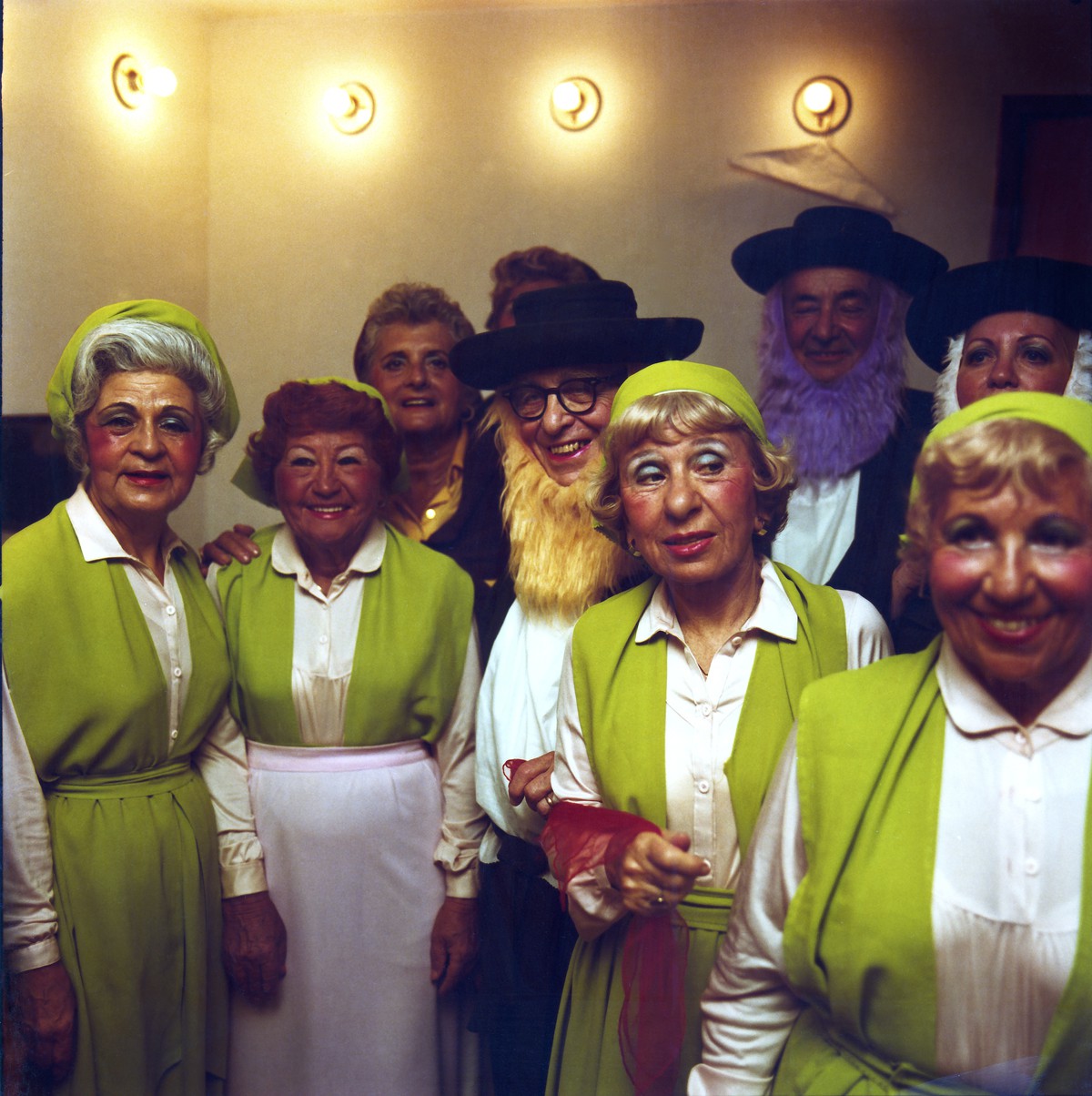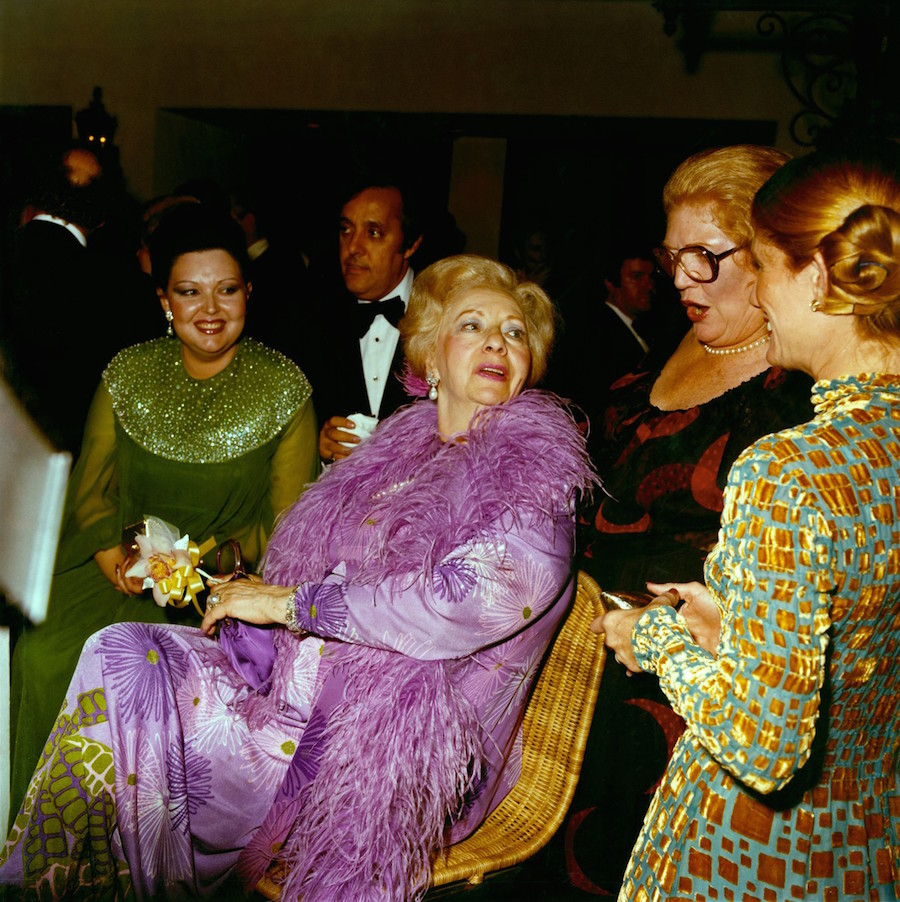Prior to the influx of Caribbean & Latin American immigrants, the wild youth culture of MTV, and the introduction of cocaine to its ports, Miami, in a snapshot of an era, was home to the largest population of Jewish retirees. In The Last Resort (2018), a documentary dually directed and produced by O-Cinema co-founder Kareem Tabsch and former Vice President of the Knight Foundation, Dennis Scholl, we get a closer look at the works of two childhood companions who made an effort to capture and preserve the essence of 1970’s Miami Beach through their photography.

The two friends, Gary Monroe and Andy Sweets, set out to create the Miami Beach Photographic Project vowing to take snapshots of their hometown and its aging Jewish population every day for ten years. As close-knit and inseparable as the pair seemed to be, Sweets and Monroe had drastically different styles of photography—the latter producing black-and-white, bleak, but arresting, compositions, while the former shot vivid, candy-hue colored pictures that were warm with spontaneity.
“Instead of everybody being 18 to 28,” Monroe says in a talking head interview, “think 80 to 82.” While Monroe is the only one of the duo alive to tell their story, the filmmakers use Sweet’s picturesque color palette, effervescent style, and even his own pictures (which completely dominate all the promotional material) to give heart to the documentary. Almost every interviewee, from Pulitzer prize winning journalist Edna Buchanan to Sweet’s very own sister, is framed using the vibrant hues that Andy Sweet was infamous for.
Unfortunately, Sweet, a curly-haired and amicable fellow with a smile as vivid and electrifying as the colors in his snapshots, had his life cut short as the result of a brutal, drug-related stabbing in 1982. While this sharp, bleak turn occurs fairly late in the already short film, which is all of an hour and ten minutes, it works as less of a meander and more of a coordination with the cultural turn Miami Beach took at the turn of the decade.
 The Miami Beach of the 80s plunged from a city of docile “porchsitters” into being the crime capital of the country, and Sweet was just one of many causalities washed away in the flood of drugs, and violent crime that plagued the streets. The Yiddish that once scored the neighborhoods was now Spanish, and former Kosher joints were now serving café con leche and pastelitos. Andy Sweet and the Miami Beach Photographic Project crumbled alongside the fleeting Jewish population that was either moving North, or passing away before given the opportunity.
The Miami Beach of the 80s plunged from a city of docile “porchsitters” into being the crime capital of the country, and Sweet was just one of many causalities washed away in the flood of drugs, and violent crime that plagued the streets. The Yiddish that once scored the neighborhoods was now Spanish, and former Kosher joints were now serving café con leche and pastelitos. Andy Sweet and the Miami Beach Photographic Project crumbled alongside the fleeting Jewish population that was either moving North, or passing away before given the opportunity.
The poignantly nostalgic documentary resolves on a good note, however, when it’s revealed that Sweet’s sister was able to uncover lost archives of Andy Sweet’s photography and, with the help of her husband, restored the badly-aged photos back to their bold, saturated glory. The Last Resort, like the Miami Beach Photographic Project, is a time capsule spotlighting a snapshot-length ear in Miami.
